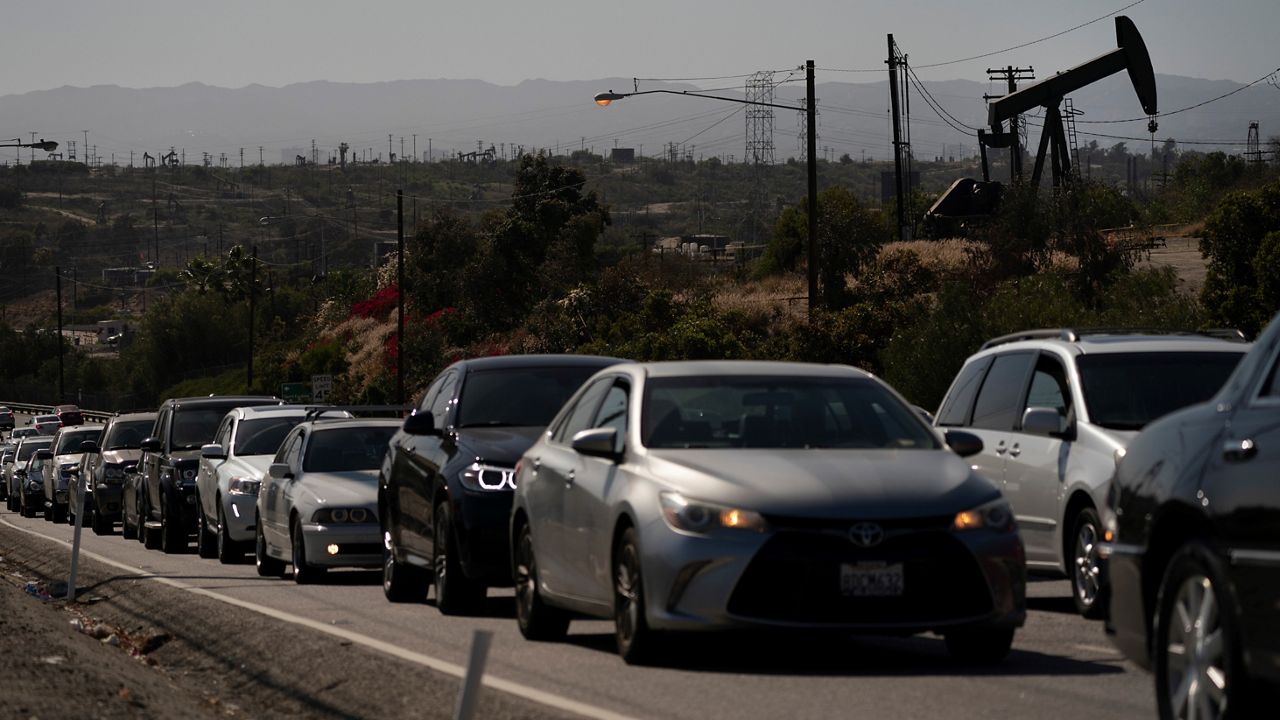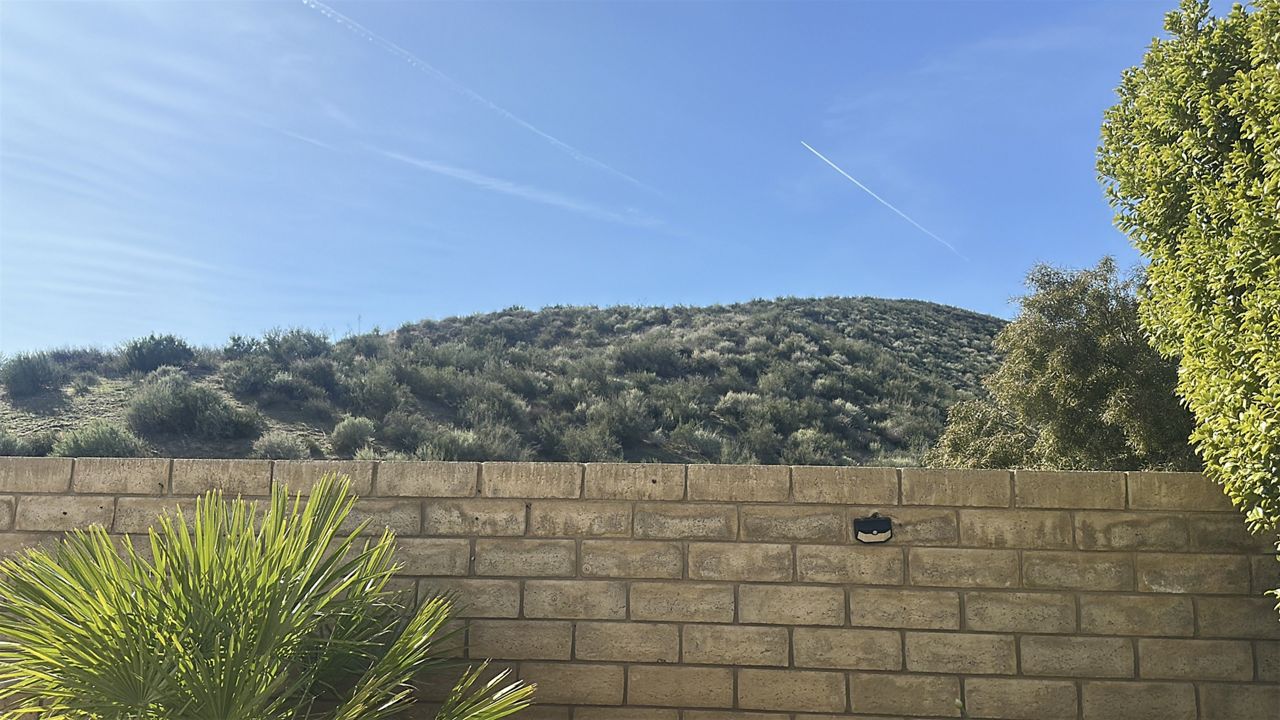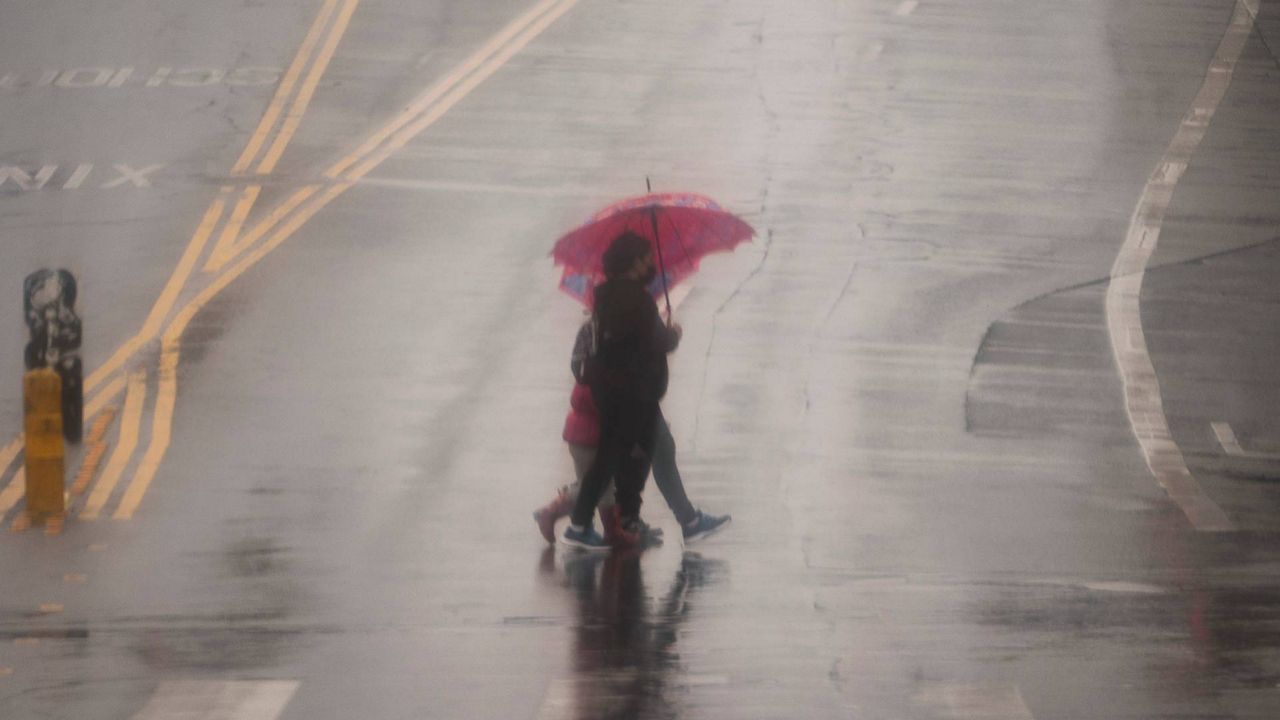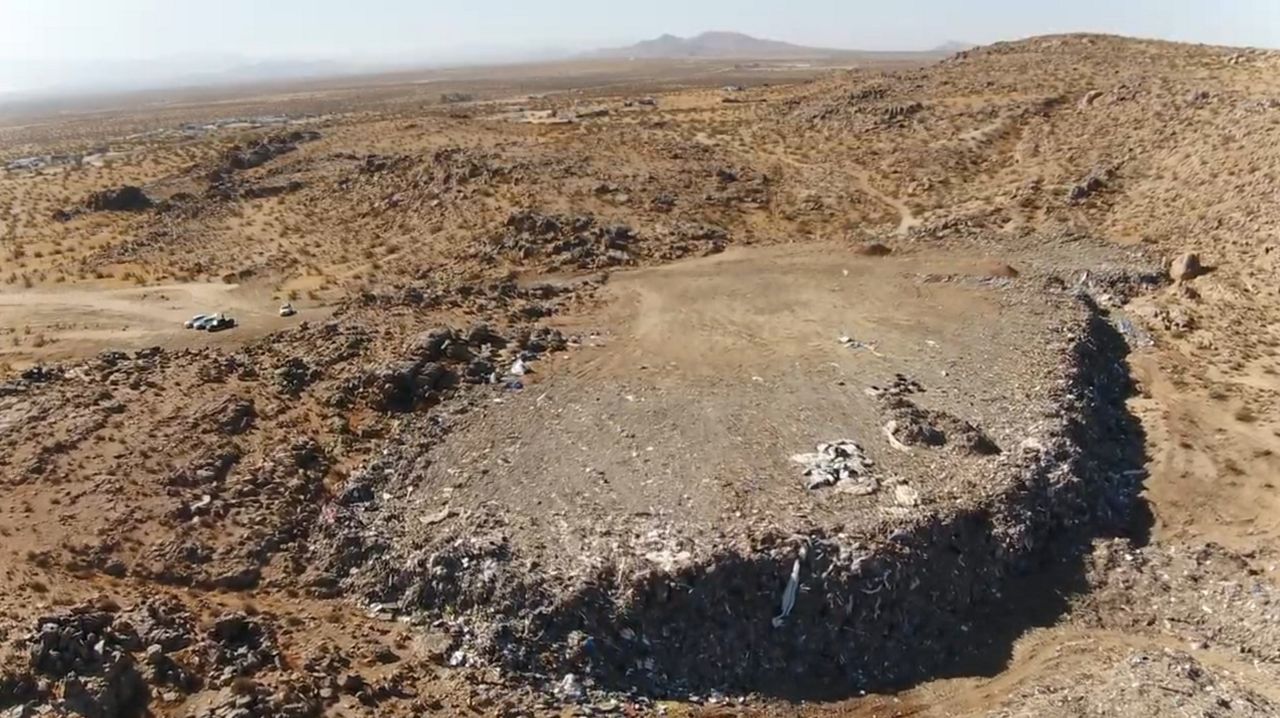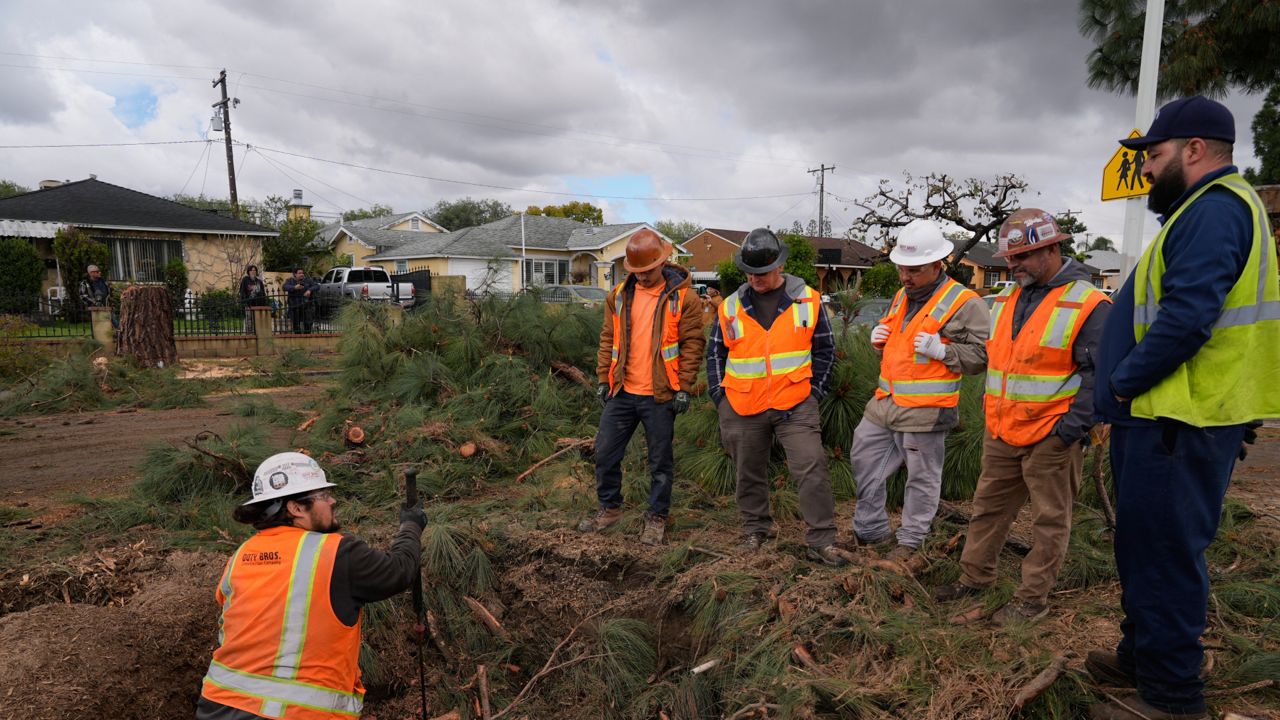LOS ANGELES — Following years of complaints from Los Angeles residents living near active oil and gas drilling operations, the LA City Council voted Wednesday to ban new oil and gas wells and to phase out existing wells over a five-year period.
“Today is the day we begin to take back land throughout the city that can be used for productive, positive community uses,” Council member Paul Krekorian said prior to the vote at City Hall. “Today is the day that we stand up for families and stand up against the oil and gas industry and its profit motivation.”
LA is home to the highest concentration of urban oil fields in the nation, with 700 active drilling sites, many of them next to homes, schools, hospitals and businesses. Recent estimates suggest that 500,000 city residents live within a half-mile of a well, putting them at risk for a variety of health hazards resulting from air pollution and toxic chemical usage.
“I’ve lived on the front lines of neighborhood oil drilling my entire life,” Wilmington resident Ashley Hernandez said during the City Hall event. “I dealt with nosebleeds while I played in school, had teachers that fell sick, had an eye infection that had me missing weeks of school.”
Those experiences led her to become an organizer with the environmental justice group Communities for a Better Environment — part of a coalition of activists known as STAND LA, or Stand Together Against Neighborhood Drilling, that has spent most of the last decade lobbying city government to ban oil and gas wells.
“The most important thing to come from my community is not oil,” Hernandez said after recounting stories of a schoolmate who had to run next to a drilling operation while carrying an inhaler and other people from her neighborhood who suffered from asthma or even worse — cancer. “It’s us, the people leading our city to a better and just future.”
Council member Krekorian and Council President Nury Martinez introduced the measure to ban oil and gas drilling in December 2020, though the idea has its roots in a motion City Council members Mike Bonin and Paul Koretz introduced in 2013 to ban fracking in LA.
“We didn’t know what we didn’t know,” Koretz said Wednesday, adding that the STAND LA coalition of environmental justice groups “worked with us to show that neighborhood oil drilling of every kind citywide was the real problem we needed to be solving.”
Fracking, or hydraulic fracturing of bedrock to extract oil or gas, was not a commonplace practice among oil producers in LA, according to Richard Parks. The president of STAND LA member group Redeemer Community Partnership in South LA said acidization, or the use of acid, was the issue.
“They pump that under pressure into the wells, and they do that right next to homes, 10 feet away from bedroom windows,” said Parks, who has lived next to the active Murphy drill site and the recently closed Jefferson drill site for more than 30 years. “The ambient fumes from the acid have been so intense that it’s burned the plants on the downwind corner of these drill sites. If that’s what it’s doing to plants, we’re pretty clear about what it’s doing to us.”
Parks said his group would like to see a park and affordable housing built on both sites, which together span about five acres, and for the workers at those sites to be retrained to perform oil-drilling site cleanup.
The city of LA is part of a larger movement in the state to regulate fossil fuel production more tightly. Last year, the California Geologic Energy Management Divison, which regulates oil and gas production, proposed banning new gas and oil wells within 3,200 feet of hospitals, homes and schools.
Los Angeles has been producing oil since 1892, when Edward Doheny and Charles Canfield drilled the first well in Echo Park, leading the city to produce a quarter of the world’s petroleum by the early 20th century.
With today’s vote, LA is the first city in the country to make oil and gas production a nonconforming use of land. Drilling entitles will no longer qualify for zoning ordinance exceptions.
The California Independent Petroleum Association, representing about 400 oil and gas companies in the state, opposes the ban.
“Shutting down domestic energy production not only puts Californians out of work and reduces taxes that pay for vital services, it makes us more dependent on imported foreign oil from Saudi Arabia and Iraq that is tankered into LA’s crowded port,” CIPA Chief Executive Rock Zierman said in response to Wednesday’s vote.
California is the second largest consumer of petroleum products in the U.S., accounting for 10% of the nation’s overall consumption, he said.
“The proposed ban on production would disrupt citizens' supply chain by forcing California to import even more oil from foreign sources — substantially increasing the greenhouse gases associated with satiating Californians’ demand for oil.”






